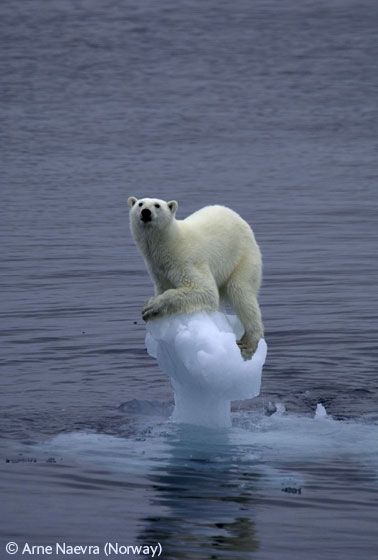Old Rocks
Diamond Member
National Climate Assessment Details Stronger Evidence Of Global Warming And Its Impacts
Summers are longer and hotter, and periods of extreme heat last longer than any living American has ever experienced. Winters are generally shorter and warmer. Rain comes in heavier downpours, though in many regions there are longer dry spells in between.
Other changes are even more dramatic. Residents of some coastal cities see their streets flood more regularly during storms and high tides. Inland cities near large rivers also experience more flooding, especially in the Midwest and Northeast. Hotter and drier weather and earlier snow melt mean that wildfires in the West start earlier in the year, last later into the fall, threaten more homes, cause more evacuations, and burn more acreage. In Alaska, the summer sea ice that once protected the coasts has receded, and fall storms now cause more erosion and damage that is severe enough that some communities are already facing relocation. ...
These and other observed climatic changes are having wide-ranging impacts in every region of our country and most sectors of our economy. Some of these changes can be beneficial, such as longer growing seasons in many regions and a longer shipping season on the Great Lakes. But many more have already proven to be detrimental, largely because society and its infrastructure were designed for the climate of the past, not for the rapidly changing climate of the present or the future.
Summers are longer and hotter, and periods of extreme heat last longer than any living American has ever experienced. Winters are generally shorter and warmer. Rain comes in heavier downpours, though in many regions there are longer dry spells in between.
Other changes are even more dramatic. Residents of some coastal cities see their streets flood more regularly during storms and high tides. Inland cities near large rivers also experience more flooding, especially in the Midwest and Northeast. Hotter and drier weather and earlier snow melt mean that wildfires in the West start earlier in the year, last later into the fall, threaten more homes, cause more evacuations, and burn more acreage. In Alaska, the summer sea ice that once protected the coasts has receded, and fall storms now cause more erosion and damage that is severe enough that some communities are already facing relocation. ...
These and other observed climatic changes are having wide-ranging impacts in every region of our country and most sectors of our economy. Some of these changes can be beneficial, such as longer growing seasons in many regions and a longer shipping season on the Great Lakes. But many more have already proven to be detrimental, largely because society and its infrastructure were designed for the climate of the past, not for the rapidly changing climate of the present or the future.

